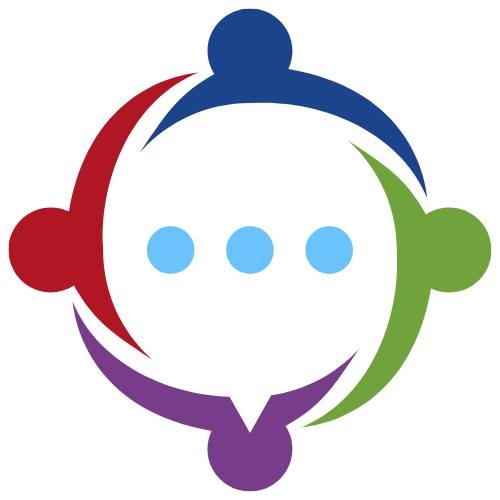Security Risks from Widely Available ChatGPT AI Models
ChatGPT's launch underscores how easily accessible advanced AI could enable tech-savvy criminals and malicious groups to execute higher-level social engineering attacks or create dangerous content.
A Boon for Bad Actors?
In making language AI as simple to use as a web search, systems like ChatGPT risk supercharging threats by removing the barriers once slowing misuse.
Sophisticated Spearphishing
The ability to craft personalized emails and texts helps hackers bypass filters to compromise accounts, assets, and sensitive systems at scale.
Misinformation and Propaganda
Generating hyper-realistic news articles or social content gives state and non-state actors powerful tools to erode truth and sow discord.
Calls for Countermeasures
With risk factors intensifying, many experts argue mitigating actions deserve equal priority to model breakthroughs themselves.
Restricting Access
Some argue highest-risk application programming interfaces should require identity verification to limit anonymous automation of abuse.
Proactive Threat Modeling
Engineers should probe systems for potential misuse early in development, before threats swell. Building organizational expertise in preemptive risk assessment is key.
Promoting Collective Responsibility
Public awareness campaigns around responsible AI usage nurture social norms and a culture of sound judgment as access expands.
The Price of Progress
In democratizing groundbreaking technology like ChatGPT, we must collectively confront the sobering dilemmas that come with such power, weighing human rights against evolving threats. There are no perfect solutions, but the choices society makes today will steer our path forward.
https://wiki.hyperledger.org/pages/viewpage.action?pageId=109576271
https://ecency.com/chatgpt/@gpt-nederlands/chatgpt-nederlands-chat-met-onbeperkte


